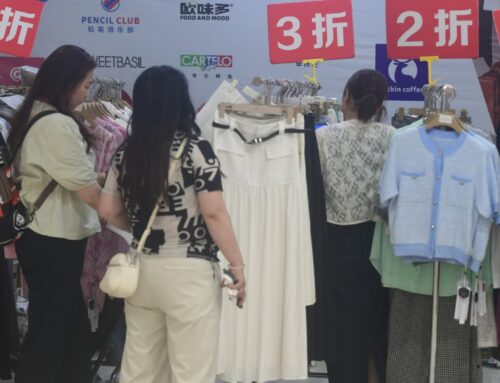Russia and China’s military partnership has transformed dramatically over the years, from basic arms sales to a crucial lifeline, yet it remains far from a full alliance.
Before 2014, Russia was a key supplier, selling vast amounts of military hardware—from fighter jets to submarines—to China, which eagerly absorbed and often reverse-engineered Russian technology to modernize its forces. Russia, in turn, needed the lucrative Chinese market.
The illegal annexation of Crimea in 2014 and subsequent Western sanctions on Russia completely shifted the dynamic. Cut off from Western and Ukrainian defense industries, Russia increasingly turned to China for essential military technology and components. This period saw deepening institutional cooperation and a surge in joint military exercises. China received advanced Russian missile and air defense tech, while Russia, despite mixed results, began relying on Chinese components for its own military production.
By 2025, China is an indispensable enabler of Russia’s sustained war effort in Ukraine. Despite a declared “no-limits partnership” in 2022, China cautiously provides crucial dual-use goods like semiconductors, critical minerals, nitrocellulose, drones, and even all-terrain vehicles, often skirting Western sanctions via intermediaries. These supplies are vital for Russia’s defense industry.
However, this partnership has clear boundaries. Beijing refuses to officially recognize Russia’s territorial gains in Ukraine and has not supplied heavy weaponry or deployed its own troops to aid Russia. Joint military exercises, while frequent and symbolic of shared anti-US sentiment, are more for demonstrating cooperation than achieving genuine combat interoperability. China prioritizes its strategic autonomy, unwilling to risk open conflict or crippling sanctions from the West. Chinese leadership also shows quiet wariness of Putin’s “fanatic” approach to Ukraine.
Ultimately, this is a pragmatic, convenience-driven alignment, not a deep-seated alliance. Both nations share a desire to challenge the Western-led global order, but their individual strategic priorities and lack of mutual trust mean binding defense commitments are off the table. As China rapidly advances its own military technology, soon surpassing Russia in many areas, the relationship’s asymmetry could deepen. The West must recognize this evolving, complex challenge and adapt its strategies.




Leave A Comment